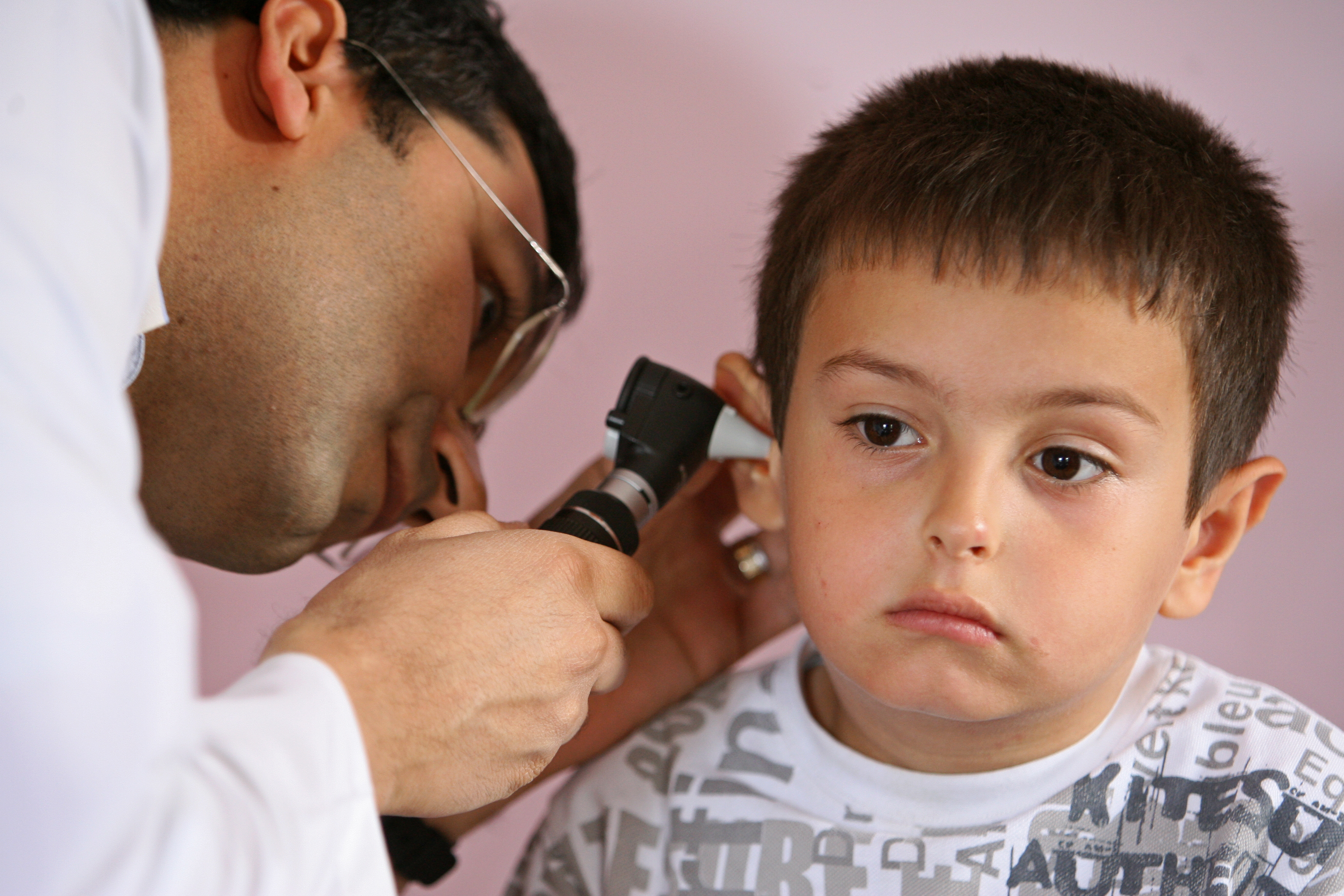Global security company Northrop Grumman is collaborating with the University of Maryland Baltimore County to analyze health data as part of a five-year program, as announced earlier this year. The program’s goal is to utilize health trends found in large populations to create specific and effective treatments for those suffering from widespread ailments such as diabetes, obesity, and cardiovascular disease.
The National Science Foundation, which funds big data-analytics science and technology projects, is offering $600,000 in grants to the project. Northrop and UMBC already have a cybersecurity partnership; the tools previously used to investigate cyberthreats will now be used to study decades’ worth of medical information stored on electronic health records.
Yelena Yesha, the leader of the project and a professor of computer science at the university, says that information will be pulled from both public and private databases. Records will be used to help doctors practice precision medicine, which is the treatment of people based on their specific genetic makeups. In order to gather such large quantities of genetic data, the project will use a Google-designed cloud-computing platform. Both Northrop and the defense contractor Lockheed Martin foresee precision medicine to be widely practiced in the future.
Article via The Washington Post, April 14, 2015
Photo: Over 500 doctors have completed a three year specialization in family medicine via World Bank Photo Collection [Creative Commons Attribution-NonCommercial-NoDerivs]


